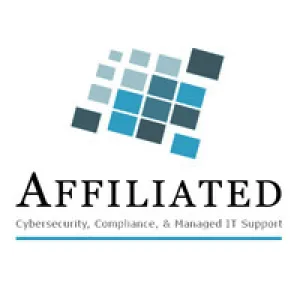August 04, 2025
Cybercriminals are evolving their strategies to target small businesses more effectively. Rather than forcefully breaking in, they are now gaining access quietly using stolen login credentials—your digital keys.
This method, known as identity-based attacks, has become the leading technique hackers use to infiltrate systems. They capture passwords, deceive employees with phishing emails, or bombard users with login prompts until someone unwittingly grants access. Alarmingly, these tactics are proving highly successful.
Recent data from a cybersecurity firm reveals that 67% of major security breaches in 2024 originated from compromised login details. High-profile companies like MGM and Caesars suffered such attacks the year prior—if it can happen to industry giants, small businesses are equally at risk.
How Are Hackers Gaining Entry?
Most breaches begin with something as simple as a stolen password, but hackers are employing increasingly sophisticated methods:
· Phony emails and counterfeit login pages trick employees into revealing sensitive information.
· SIM swapping enables attackers to intercept text messages used for two-factor authentication (2FA).
· MFA fatigue attacks overwhelm your device with approval requests until a user accidentally authorizes access.
They also exploit vulnerabilities in employee personal devices and third-party vendors like help desks or call centers to find backdoors into your network.
Effective Strategies to Safeguard Your Business
The good news? Protecting your company doesn't require advanced technical skills. Implementing these straightforward measures can dramatically enhance your security:
1. Enable Multifactor Authentication (MFA)
Add an extra layer of verification during login. Opt for app-based or hardware key MFA, which offer stronger protection than text message codes.
2. Educate Your Team
Equip employees with the knowledge to identify phishing scams and suspicious activities. A well-informed team is your first line of defense.
3. Restrict Access Privileges
Limit user permissions strictly to what is necessary. This containment strategy minimizes damage if an account is compromised.
4. Adopt Strong Password Practices or Go Passwordless
Encourage the use of password managers or advanced authentication methods like biometric logins and security keys that eliminate reliance on passwords.
Final Thoughts
Hackers relentlessly pursue your login credentials and continuously devise new tactics. Staying ahead doesn't mean you have to do it alone.
We're here to help you implement robust security measures that protect your business without burdening your team.
Wondering if your business is at risk? Click here or give us a call at 614-889-6555 to book your Consult.




